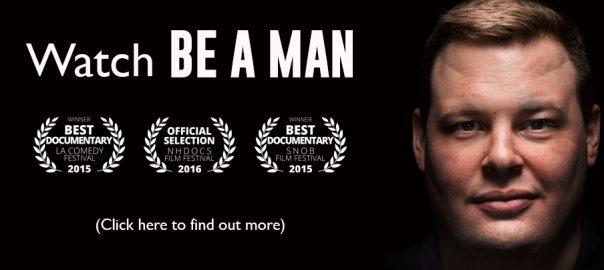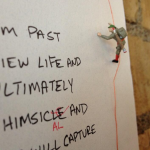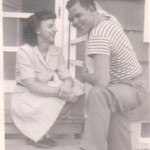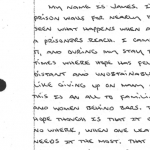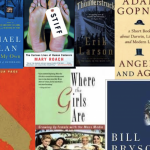 And reading for pleasure. This piece first appeared, in different form, in 2014 on TheSocietyPages.org‘s Editors’ Desk. One of these days, I’ll publish some updated recommendations!
And reading for pleasure. This piece first appeared, in different form, in 2014 on TheSocietyPages.org‘s Editors’ Desk. One of these days, I’ll publish some updated recommendations!
Read Widely
In case it’s hard to tell, that’s an imperative, not a descriptor.
See, many authors ask me for examples of how to incorporate a lot of information into something that’s thorough, academically sound, and engaging. It’s a tough balance, to be sure, but over the years, I’ve collected a number of books (and this is by no means a list of all of them) I can hand off as representations of that ideal. They likely have nothing to do with your area of study, but watching the authors’ deft hands at work (and knowing there are surely unsung editor elves in there, too) can be a truly enjoyable homework assignment. Think of it as “authorial excellence by osmosis.” Absorb and emulate these ten fine examples. Continue reading Read Widely, or Becoming a Better Writer by Reading

